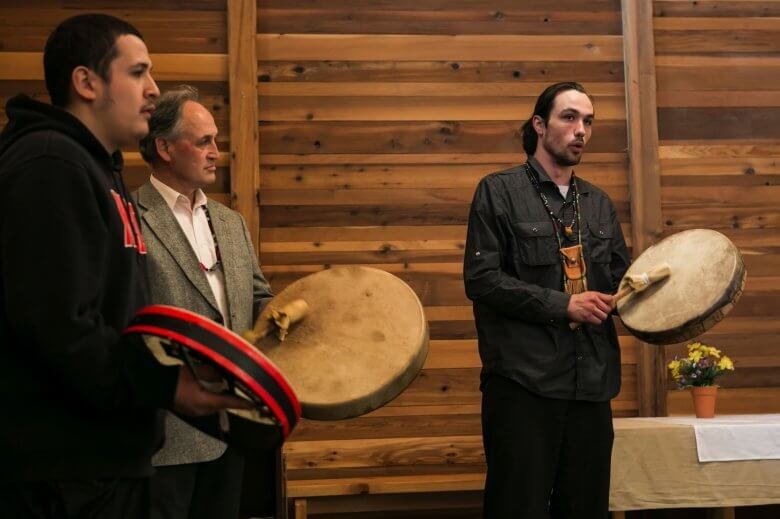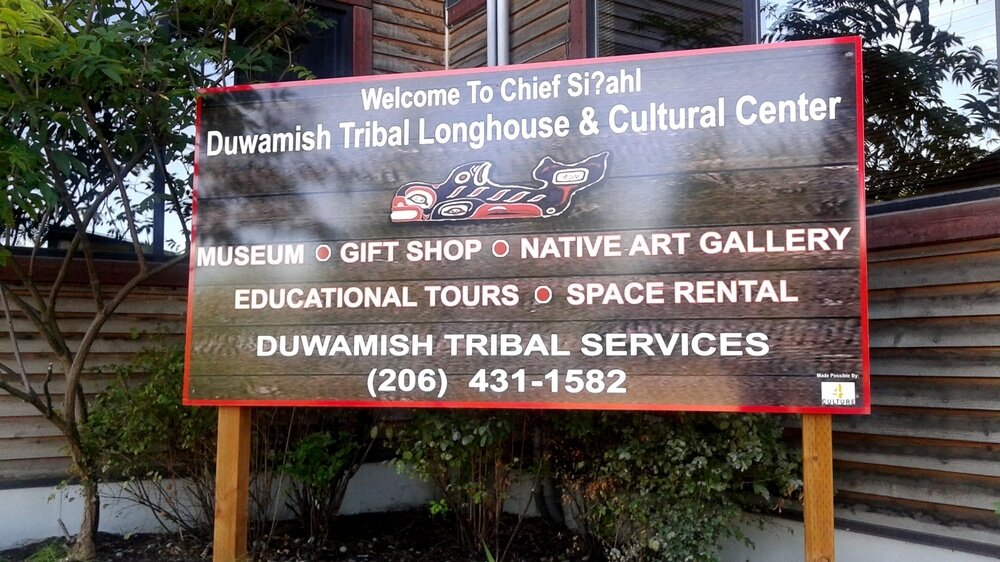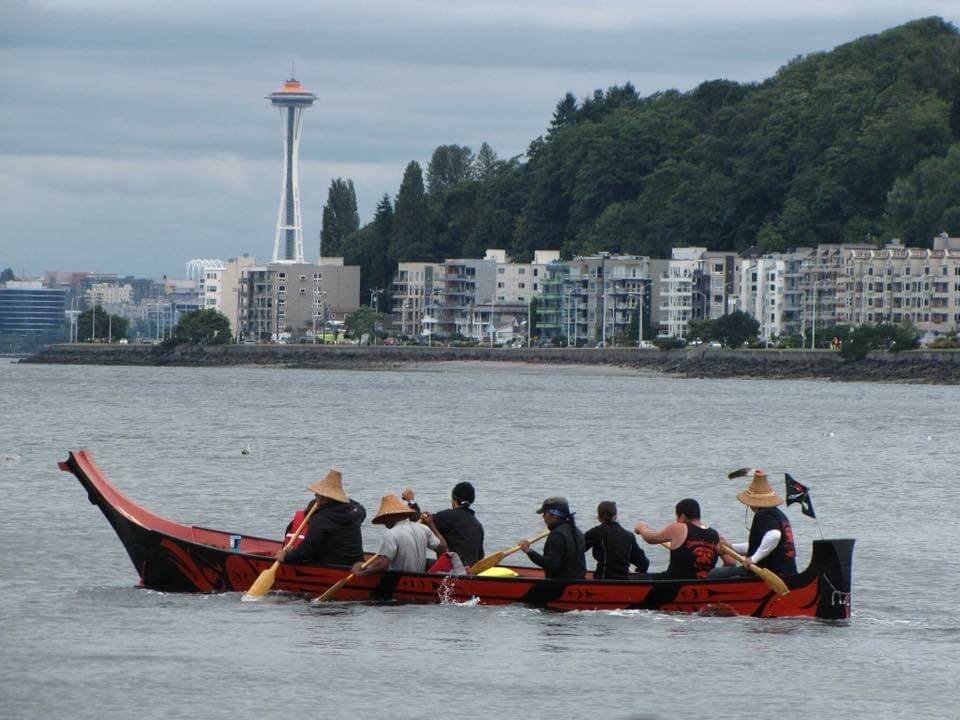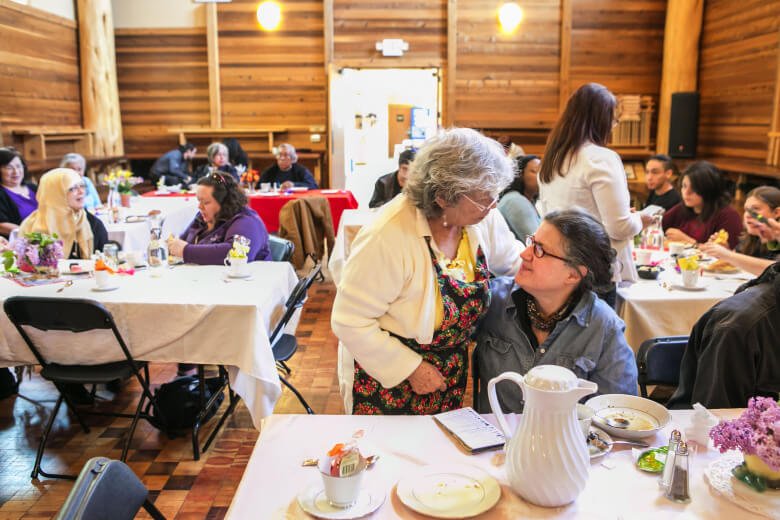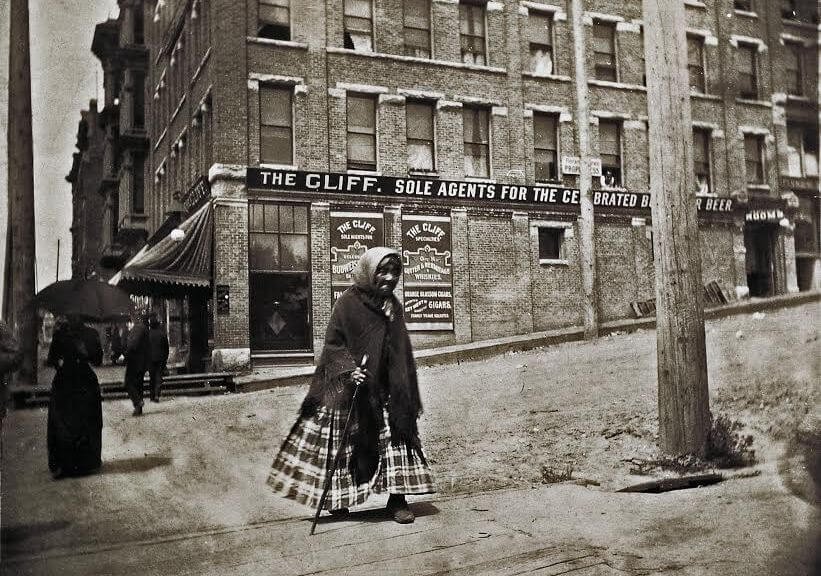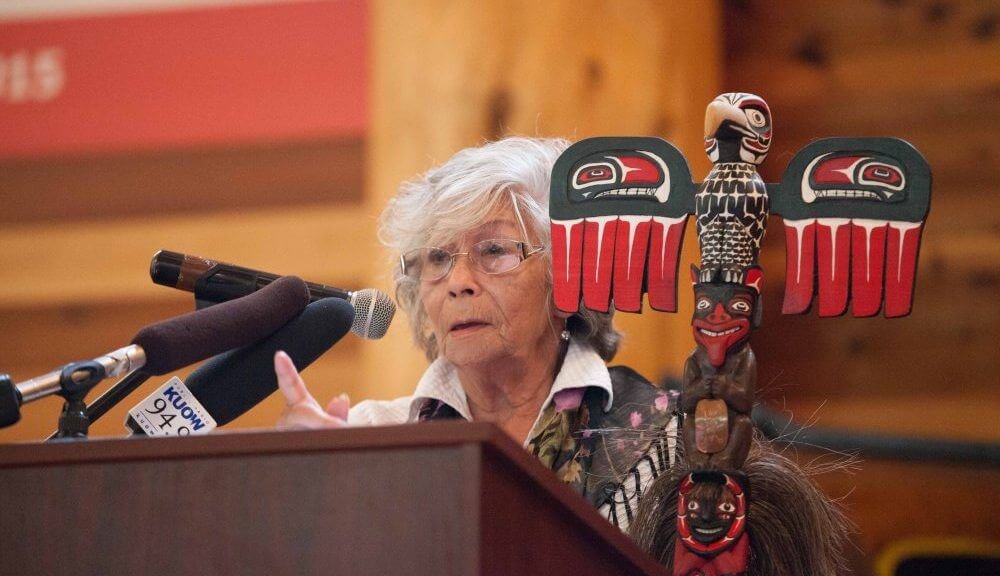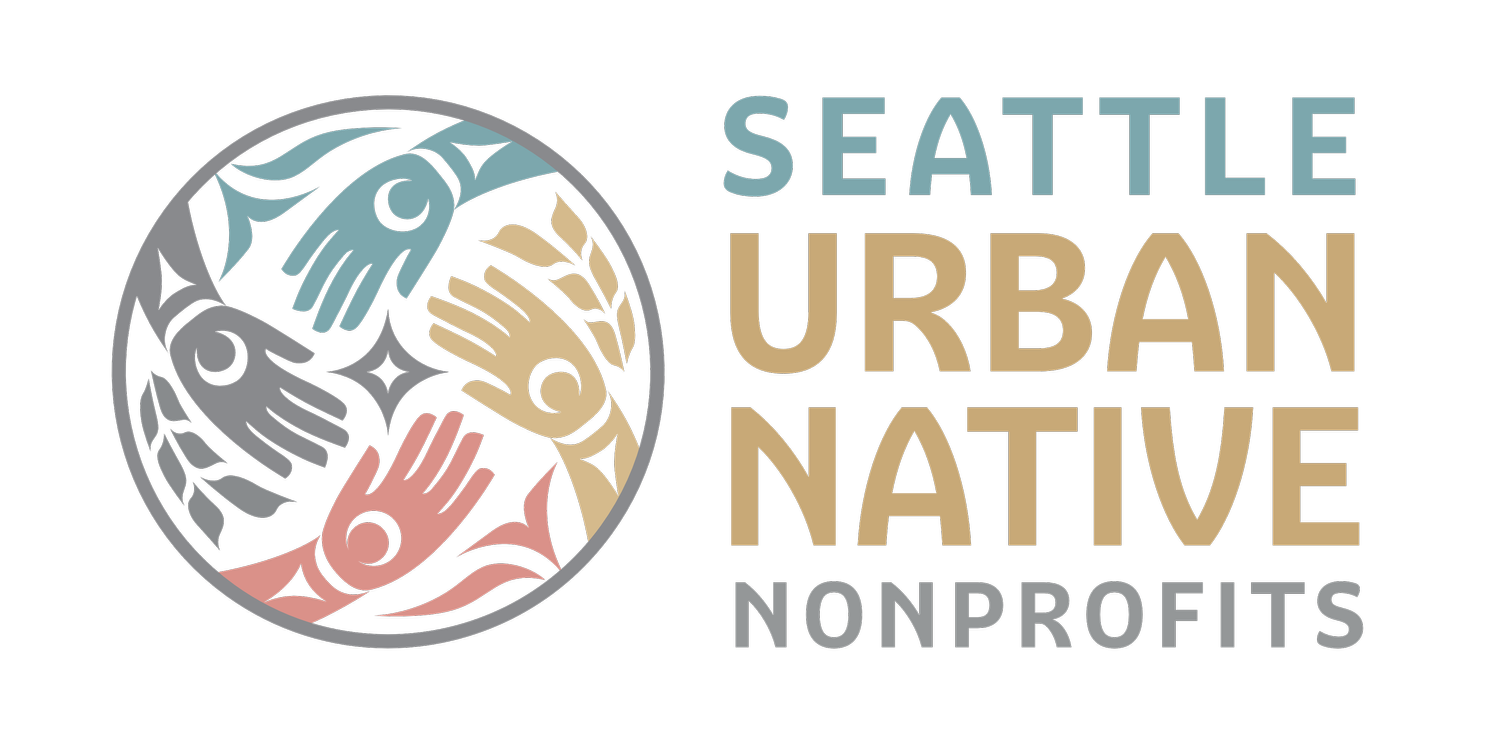Duwamish Tribal Services
We are the People of the Inside, dxʷdəwʔabš. We are still here.
The Duwamish people have been in the Seattle/Greater King County area since time immemorial. Our stories, such as “North Wind, South Wind”, tell of the last Ice Age, and an Ice Weir breaking over the Duwamish River.
We were the first signatories on the Treaty of Point Elliott in 1855, signed by Chief Si’ahl, who was chief of the Duwamish and Suquamish tribes.
Our longhouse today stands across the street from where one of our largest villages was located before it was burned down by settlers in 1895.
Community Building, Youth/Elders, Culture, Social Services, Education, Environment Protection
Established: 1983/Duwamish Tribe since time immemorial
Year Joined: 2016
DUWAMISH TRIBAL SERVICES
Programs
After 100 years of broken treaty promises, the Dxʷdəwʔabš established Duwamish Tribal Services as a nonprofit 501[C]3 organization to provide social and cultural services to the Duwamish community.
About
We are the host tribe for Seattle. “Duwamish” is the Anglo-Europeanized word which meant “people of the inside”, dxʷdəwʔabš. This was referencing where the people lived, in the interior on the Duwamish, Black and Cedar rivers. There were distinct groups of people living in and around the Puget Sound area. The Inside People, Saltwater People, River People, and Lake People. Although these groups of people shared a single language, other parts of their cultures remained distinct to them such as particular foods and canoe styles. Once traders and settlers became common place, these groups or bands came together and called themselves Duwamish.
Today, many of our enrolled members still live on Duwamish aboriginal territory, which includes Seattle, Burien, Tukwila, Renton, and Redmond. Our tribe is governed by a 1925 constitution and its bylaws. The six-members tribal council, headed by Cecile Hansen since 1975, meets monthly, and tribal gatherings are held at least annually.
Duwamish Tribal Services, is a 501[c]3 organization established in 1983 by the Duwamish Tribal Council to promote the social, cultural, and economic survival of the Duwamish Tribe. We brought suit against the government in 1925 and received a positive judgement for our claims in 1934, each of our members receiving payment from the government in 1964. We filed our first petition for recognition in 1978 and have been working for that acknowledgment ever since in the face of great odds.
We regularly provide Duwamish representatives and speakers for public engagements in the community, schools, universities, and heritage and service organizations. Consistent with native protocol, the Duwamish routinely greet visiting foreign and tribal leaders when they visit our area. Our tribal board members sit on the boards of key community and governmental organizations concerning environmental, heritage, tourism, and neighborhood issues.
